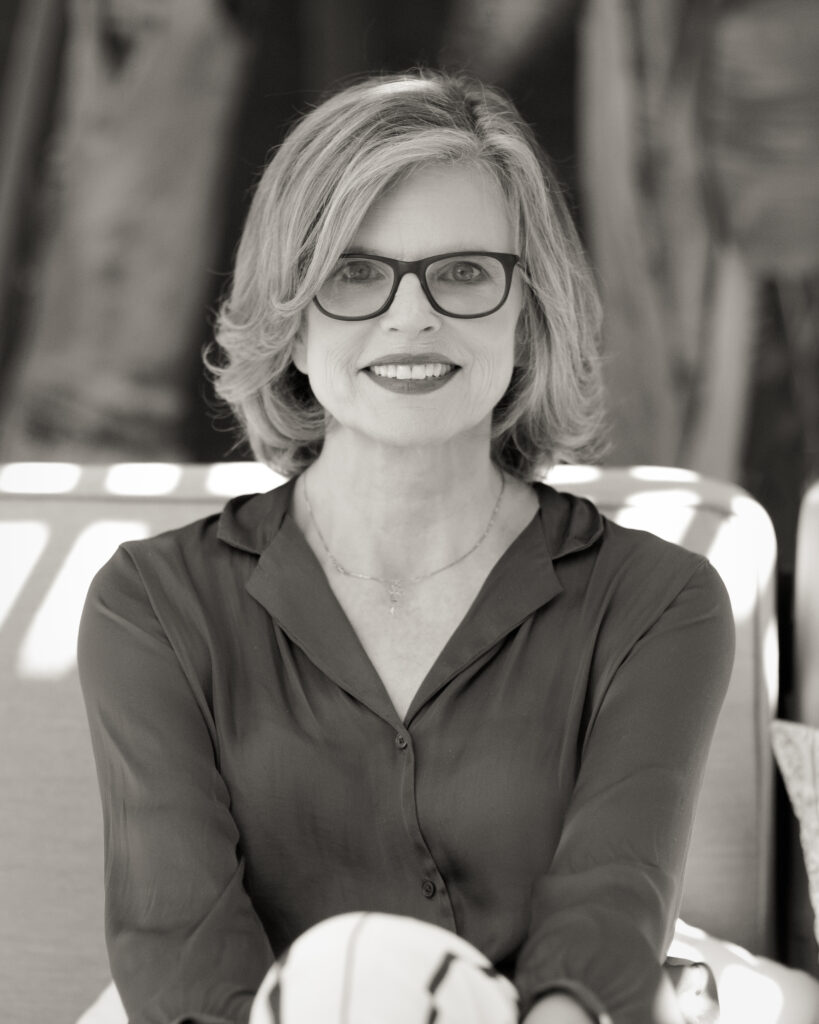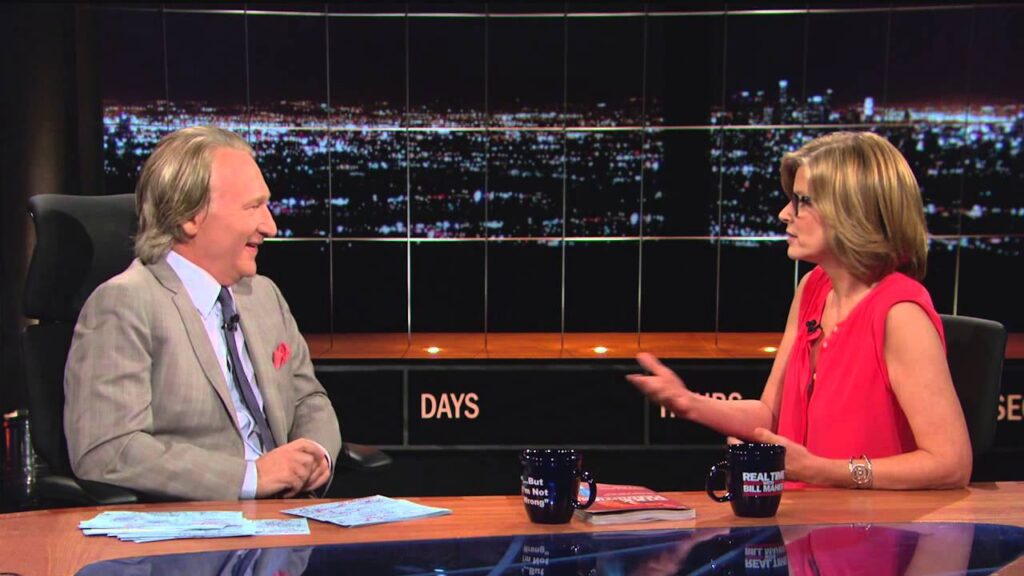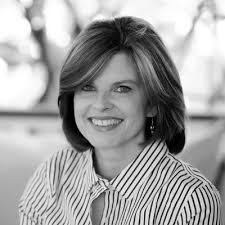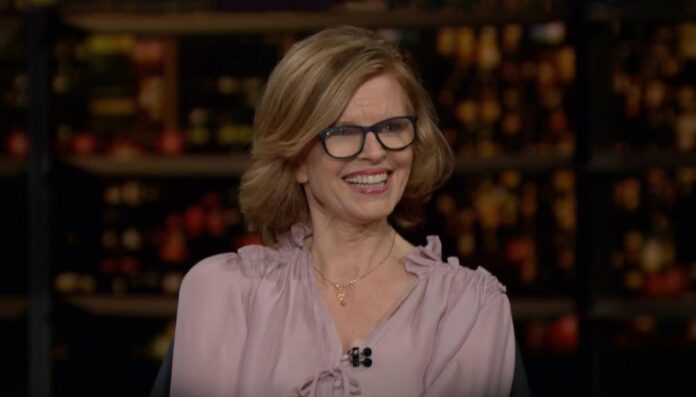While there is no explicit information available about her religious beliefs, Caitlin Flanagan’s active engagement in feminist discourse is well-documented.
Caitlin Flanagan, a renowned staff writer, was born and raised in Berkeley, California. She holds a B.A. and an M.A. in Art History from the University of Virginia. Flanagan embarked on her magazine writing career in 2001.
She has earned recognition for her extended book reviews that delve into the complexities of modern domestic life, particularly among women of the professional class.
Flanagan’s essays, known for their entertaining critique of self-indulgence and political correctness, offer incisive and humor-filled observations on gender dynamics and societal discontent.

Although there is no explicit information about her religious beliefs, Flanagan has been an active participant in discussions and critiques related to feminism. This involvement underscores her commitment to scrutinizing and challenging societal norms.
Flanagan’s contributions to The Atlantic have been recognized as finalists for the National Magazine Award seven times.
Her essay, ‘Confessions of a Prep School College Counselor,’ published in September 2001, was featured in the 2002 compilation of ‘Best American Magazine Writing.’
Furthermore, her work has been included in ‘Best American Essays 2003′ and ‘Best American Magazine Writing 2003.’ Her 2006 book, ‘To Hell With All That,’ explores deeper into the lives of modern women, expanding on the themes from her Atlantic articles.
You Might Be Interested In Reading: Was Lauren Bacall Jewish? Religion, Parents & Ethnicity
Caitlin Flanagan Religion: Is She Jewish? Ethnicity
Caitlin Flanagan, a distinguished staff writer for The New Yorker, has been a controversial figure in discussions surrounding women and domestic life since 2001.
Regarding her racial and ethnic background, Caitlin Flanagan is identified as White.
While she has engaged actively in discussions about feminism and societal norms, there is no genuine source providing information about her religious beliefs and her being Jewish.
Notably, she advocates for the traditional role of women as stay-at-home mothers, expressing the belief that “when a mother works, something is lost.”
Describing herself as an “anti-feminist,” Flanagan asserts a willingness to sacrifice her own happiness for the sake of her children, despite being a working mother herself.

In addition to her critiques of modern feminism, Flanagan has drawn attention to her criticisms of Alix Kates Shulman, a Jewish feminist known for her groundbreaking 1970 marriage contract demanding equality in the home.
Flanagan’s dismissive remarks about Shulman, stating that she “earned herself a spot on almost any short list of very silly people,” have raised eyebrows and sparked criticism.
In a conversation with Mounk, Flanagan addresses the current trend of the left being perceived as anti-free speech.
She attributes this phenomenon to an intolerance for hearing opposing ideas, drawing parallels to the heated abortion debate where both sides resist engaging with the best arguments of the other.
Flanagan emphasizes the importance of free speech, recalling an incident from her childhood involving the ACLU defending the right of the American Nazi Party to march in Skokie, Illinois.
Caitlin Flanagan Family
Caitlin Flanagan’s family background includes her father, Thomas Flanagan, and her mother, Jean Flanagan (deceased in 2001), who was a nurse.

She has an older sister, and her family details further extend to her marital relationships. Caitlin has been married twice, with her first marriage ending in divorce.
Her second husband is Rob Hudnut, a Mattel executive. Together, they have two sons named Patrick and Conor.
Also Read: Bill Vinovich Ethnicity: NFL Referee Origin, Race & Parents Background

